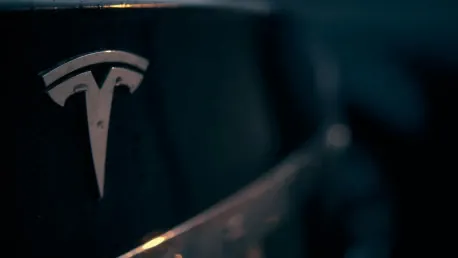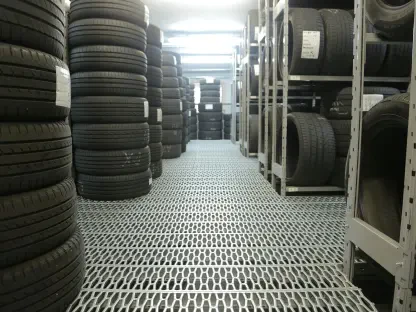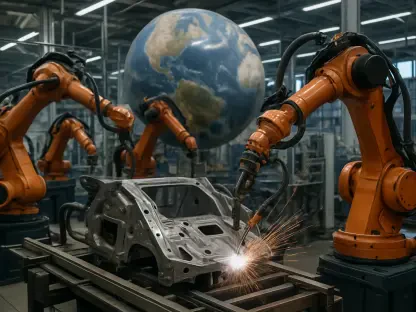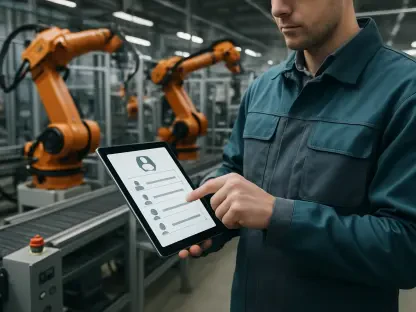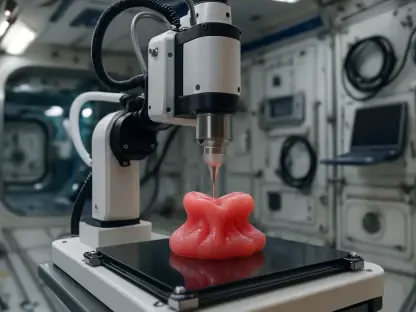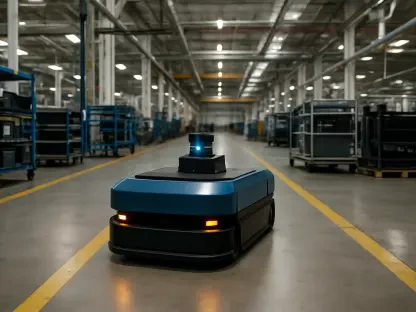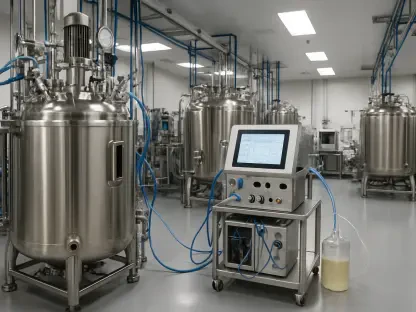In recent discussions about the future of electric vehicle (EV) subsidies, Tesla CEO Elon Musk has taken a somewhat surprising stance by endorsing the elimination of all government subsidies, including the $7,500 tax credit for EVs stipulated by the Inflation Reduction Act (IRA). Musk argues that removing these subsidies would have minimal impact on Tesla while significantly harming its competitors. This bold claim reflects Musk’s confidence in Tesla’s market position, yet it has sparked a debate about the broader implications for the EV industry. Despite Musk’s optimism, experts and former Tesla executives have countered with concerns about potential financial setbacks and reduced consumer demand for Tesla’s vehicles without the tax credit.
Former Tesla executive Rohan Patel has warned that the $7,500 tax credit has been essential in boosting Tesla’s demand through various marketing strategies. Patel argues that eliminating the credit without offering some offsetting benefits could potentially deter investments in manufacturing infrastructure. This reflects a broader concern that removing the incentive might reduce overall demand for EVs, slowing progress toward greener transportation. As analysts weigh in on both sides of the argument, the conversation underscores the complexity of balancing policy, market dynamics, and sustainable innovation in the automotive sector.
The Financial Implications of Ending Subsidies
Wedbush analyst Dan Ives suggests that Tesla’s substantial market dominance could make the removal of the tax credit ultimately beneficial for the company. Ives believes that Tesla’s strong brand and market position would help it weather the impact of subsidy elimination better than its competitors. This perspective highlights Tesla’s resilience and ability to adapt in a competitive market. However, there is no clear consensus among analysts about the potential outcomes. For example, Gary Black of The Future Fund predicts a negative impact on Tesla’s earnings per share (EPS) if the tax credit is removed.
Black draws parallels to the financial strain Tesla experienced when it had to lower prices in 2023 to maintain delivery volumes. He suggests that legacy automakers, for whom EVs constitute only a small portion of their business, might remain largely unaffected by the subsidy cuts. This contrast between Tesla and traditional automakers emphasizes the unique challenges and advantages Tesla faces within the EV market. Black’s analysis implies that without the tax credit, Tesla might struggle to maintain its competitive edge, especially against well-established brands in the affordable gasoline car market.
Impact on Consumer Demand and Market Dynamics
Tesla researcher Troy Teslike further adds to the debate by positing that without the tax credit, Tesla’s vehicles will effectively be $7,500 more expensive compared to traditional gas-powered cars from manufacturers like BMW, Mercedes, Porsche, and Audi. This price differential could make Tesla’s cars less attractive to potential buyers, potentially decreasing Tesla’s competitive edge in the consumer market. Teslike’s assessment raises important questions about how price-sensitive consumers might respond to the loss of the tax credit. This perspective underscores the delicate balance between policy incentives and consumer purchasing decisions in the evolving EV landscape.
Moreover, this situation could create an uneven playing field within the EV industry. While Tesla’s market scale might help it adapt to these changes, smaller EV manufacturers could face significant hurdles. These companies often depend more heavily on subsidies to make their products competitively priced and attractive to consumers. Consequently, the broader EV industry’s growth could be stifled if subsidies are eliminated, slowing the transition to sustainable transportation. The debate over the $7,500 tax credit for EVs encapsulates the broader tension between encouraging innovation through financial incentives and fostering a market that can thrive independently.
Balancing Policy and Market Realities
In discussions about the future of electric vehicle (EV) subsidies, Tesla CEO Elon Musk has taken a surprising stance by backing the removal of all government subsidies, including the $7,500 tax credit for EVs outlined by the Inflation Reduction Act (IRA). Musk claims this change would minimally affect Tesla but significantly hurt its competitors, reflecting his confidence in Tesla’s dominant market position. However, his perspective has sparked a debate about the broader consequences for the EV industry. While Musk is optimistic, experts and former Tesla executives have raised concerns about potential financial challenges and lowered consumer demand for Tesla’s vehicles without the tax credit.
Former Tesla executive Rohan Patel emphasized that the $7,500 tax credit has been crucial in driving demand for Tesla through various marketing strategies. He warns that eliminating the credit without providing offsetting benefits could hinder investment in manufacturing infrastructure, a critical concern suggesting that cutting the incentive might decrease overall demand for EVs and slow progress toward sustainable transportation. As analysts discuss both sides, the conversation highlights the complexity of balancing policy, market forces, and innovation in the automotive sector.
